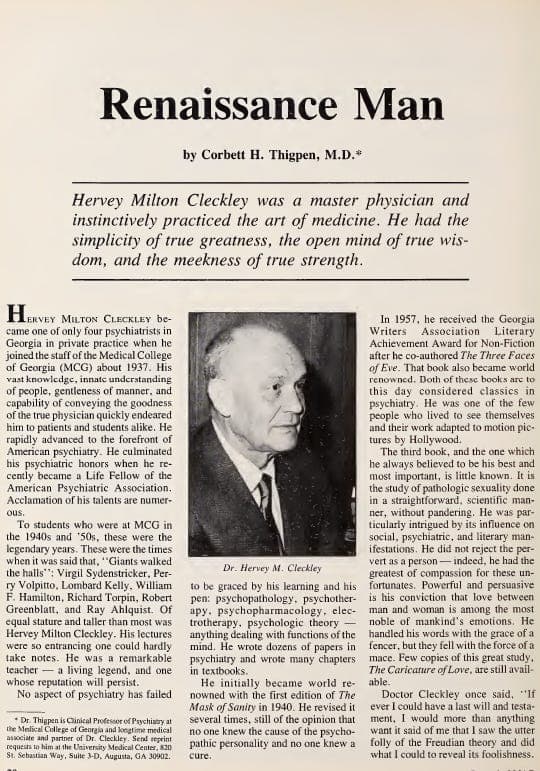Dr. J.D. Haltigan Links Judeo-Christian Moral Judgment to Societal Order, Warns of Post-Religious Chaos

Dr. J.D. Haltigan, a developmental psychologist and academic known for his critiques of contemporary ideological trends, recently asserted that Judeo-Christian moral judgment is fundamental to the structure of civilization and culture. He contended that the perceived "chaos" in a post-religious society stems from the absence of these organizing moral judgments. Haltigan's statement, shared via social media, sparked discussion on the foundational elements of societal stability and the role of religious ethics.
In his tweet, Dr. Haltigan stated, "> I am not sure what the holy book says about this, but I do know this: The judgement of Judeo-Christianity--what so many find distasteful about religion, that is its judgement--is what enabled civilization & culture. That is why in a post-religious milieu, we are in total chaos, because there are no moral judgements to organize society." This perspective highlights a belief that traditional religious frameworks provide indispensable moral guidance necessary for societal cohesion.
Dr. Haltigan, a PhD from the University of Miami, has previously voiced concerns about what he describes as "ideological corruption" within social sciences, particularly regarding "woke" ideologies and Diversity, Equity, and Inclusion (DEI) initiatives. His academic work often touches on developmental psychopathology and the impact of societal factors on mental health, frequently advocating for a return to what he considers foundational scientific principles. He has been a part-time professor at institutions like the University of Ottawa and has been involved in legal challenges against DEI statement requirements in academia.
The assertion regarding Judeo-Christian ethics resonates with historical arguments that credit these traditions with shaping Western legal systems, human rights concepts, and moral philosophy. Scholars often debate the extent to which these values continue to influence modern secular societies, with some arguing for an enduring legacy and others pointing to the development of independent secular moral frameworks. Discussions around the decline of religious belief and its societal implications frequently explore whether secular institutions can effectively replace the moral authority once held by religious bodies.
Haltigan's commentary contributes to an ongoing broader discourse about the sources of moral authority in an increasingly secularized world and the potential consequences for social order. His views align with those who believe that shedding traditional religious moral structures leads to a vacuum that contemporary society struggles to fill, resulting in instability. This perspective often contrasts with arguments that advocate for evolving moral standards and humanistic ethics independent of religious doctrine.